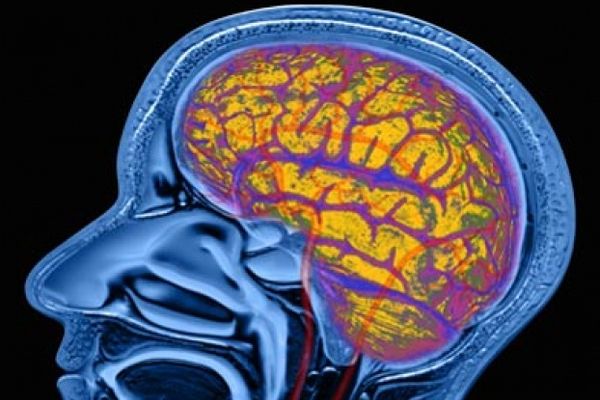A popular subject on the big screen and television (especially the daytime variety) is a form of memory loss known as amnesia. Stedman's Medical Dictionary defines amnesia as "a disturbance in the memory of information stored in long-term memory, in contrast to short-term memory, manifested by total or partial inability to recall past experiences." Amnesia is a condition in which someone can't recall stored memories, like their mom's maiden name or what happened last Christmas, but they may recall the knock-knock joke their little brother told them a few seconds ago. This is actually an example of retrograde amnesia.
Sometimes the memory loss associated with amnesia includes everything from a person's past, and other times just bits and pieces are missing. In most cases, amnesia is a temporary condition and is very brief, lasting from a few seconds to a few hours. However, the duration can be longer depending on the severity of the disease or trauma, possibly lasting for a few weeks or even months.
Advertisement
There are several different types of amnesia, including:
- Anterograde amnesia - Inability to remember ongoing events after the incidence of trauma or the onset of the disease that caused the amnesia
- Retrograde amnesia - Inability to remember events that occurred before the incidence of trauma or the onset of the disease that caused the amnesia
- Emotional/hysterical amnesia - Memory loss caused by psychological trauma; usually a temporary condition
- Lacunar amnesia - Inability to remember a specific event
- Korsakoff syndrome - Memory loss caused by chronic alcoholism
- Posthypnotic amnesia - Memory loss sustained from a hypnotic state; can include inability to recall events that occurred during hypnosis or information stored in long-term memory
- Transient global amnesia - Spontaneous memory loss that can last from minutes to several hours; usually seen in middle-aged to elderly people
As the amnesiac recovers, he or she usually recalls older memories first, and then more recent memories, until almost all memory is recovered. Memories of events that occurred around the time of the accident or onset of amnesia are sometimes never recovered. The two most commonly discussed forms of amnesia are retrograde amnesia and anterograde amnesia. If someone is suffering from retrograde amnesia, he or she cannot recall memories that occurred before the onset of amnesia. If someone has anterograde amnesia, he or she cannot remember incidents that happen after the onset of amnesia.
On the next page, learn more about memory loss and how your brain makes and stores memories.
Advertisement


